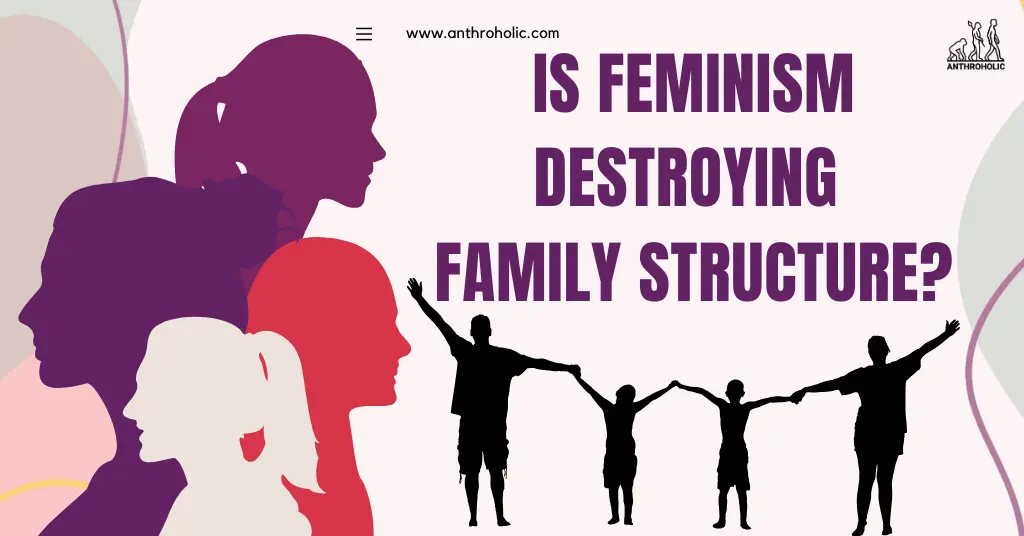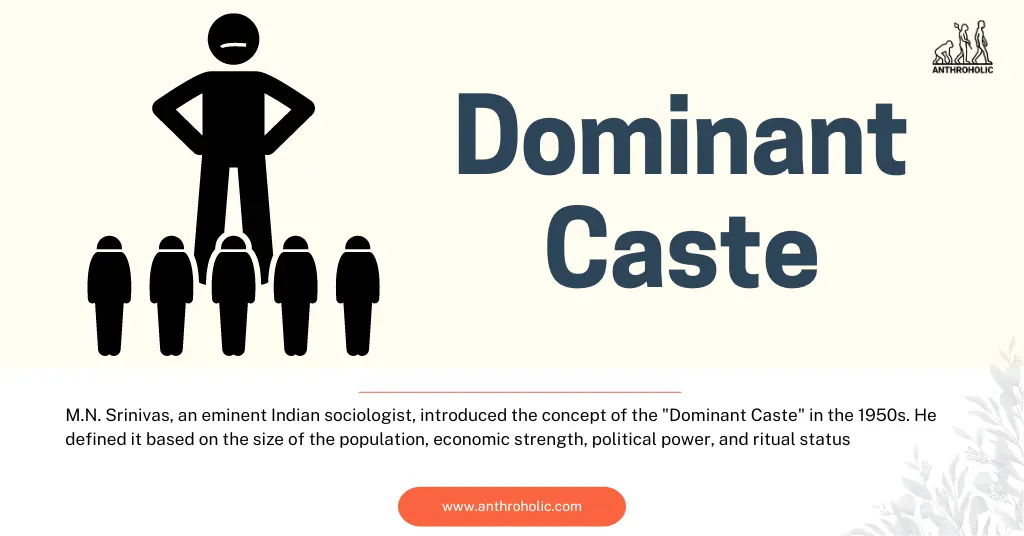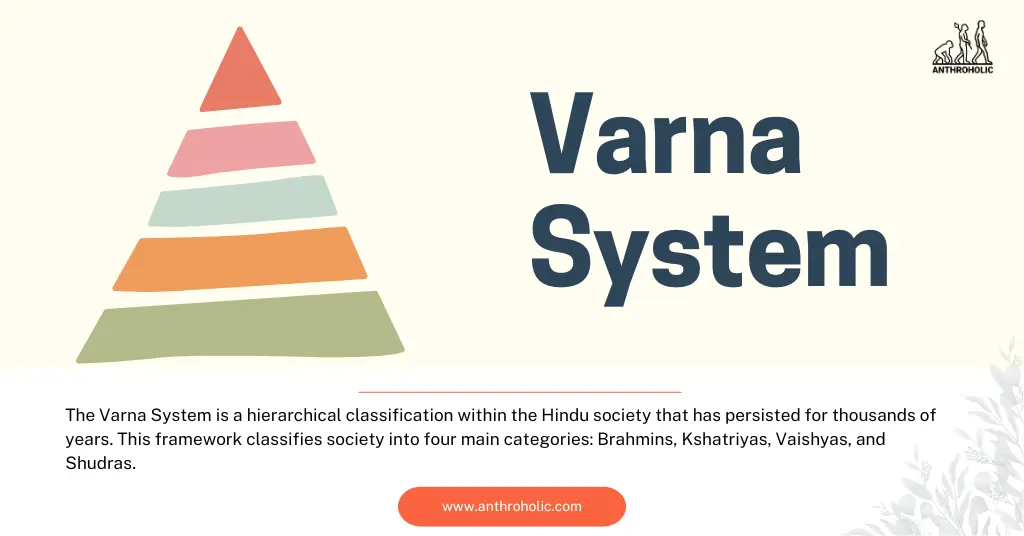AI Answer Evaluation Platform Live Now. Try Free Answer Evaluation Now

Jajmani System
The Jajmani System is an ancient socio-economic institution in India, primarily observed in rural areas
+91-7303290503, +91-9557169661 | MON to SUN 10:00 AM - 6:00 PM
Social and Cultural Anthropology is the study of human societies and cultures, including their beliefs, practices, and social organization. This category covers topics such as religion, economics, politics, and family, as well as the study of cultural diversity and globalization. From exploring the rich diversity of human cultures to understanding the complex social and cultural systems that shape our world, learn about the fascinating field of social and cultural anthropology.

The Jajmani System is an ancient socio-economic institution in India, primarily observed in rural areas

The term, popularized by the historical scientist Peter Turchin, describes a simple but dangerous imbalance. It occurs when a

Presently, a wide variety of combined factors could destroy the family institution. Feminism ceases to directly perpetrate. Firstly, feminism has classically refrained from utilising quantitative data.

Ethnology is a branch of cultural anthropology that focuses on the comparative study of human cultures

The analysis of human behaviour regarding production, consumption, distribution, and exchange constitutes an essential part of our

Globalization, the interconnectedness and interdependence of different world economies, has dramatically changed the way

Globalization is the process of increasing interaction and integration among people, companies, and governments worldwide.

Demographic math refers to the application of mathematical methods to understand the structure and dynamics of human

The concept of a Tribe-Caste Continuum encapsulates the blurring boundaries and interactions between these groups, illustrating the fluidity of identity and status within Indian society.

Dominant caste is a unique concept in the Indian social structure, representing the ascendant caste group that exercises significant control and influence within a specific region.

The Varna System is a hierarchical classification within the Hindu society that has persisted for thousands of years. This framework classifies society into four main categories: Brahmins, Kshatriyas, Vaishyas, and Shudras.

Muslim marriages are guided by Islamic teachings, which provide a comprehensive framework for the rights, responsibilities, and practices associated with Marital unions.